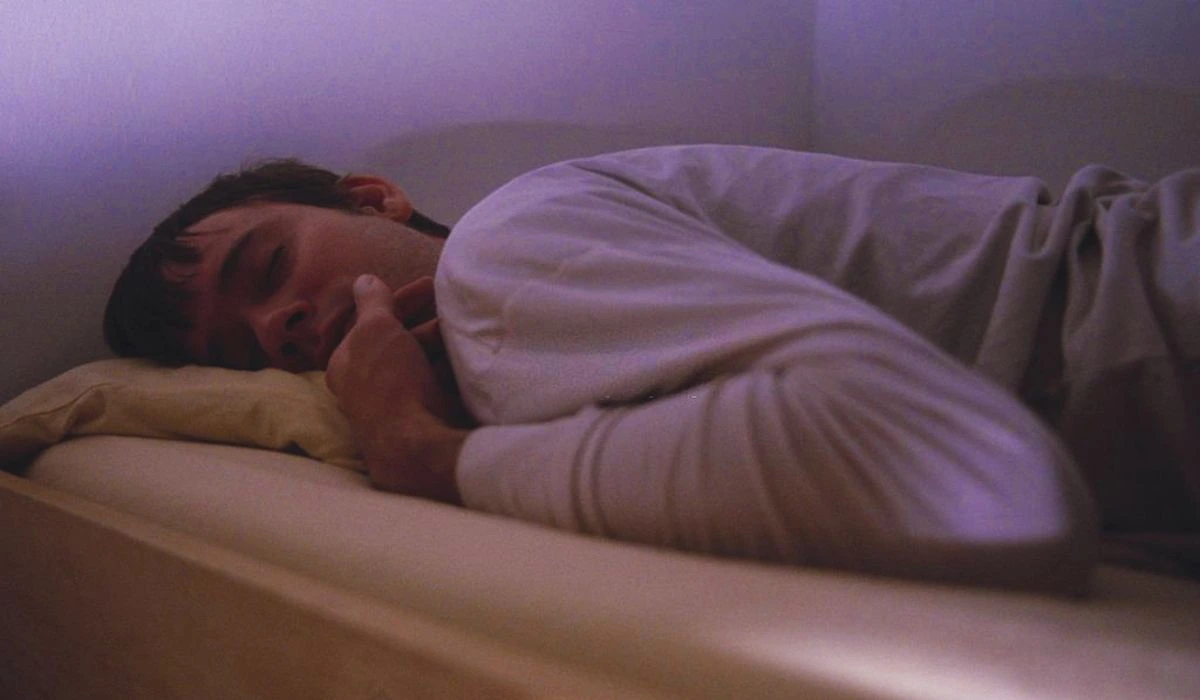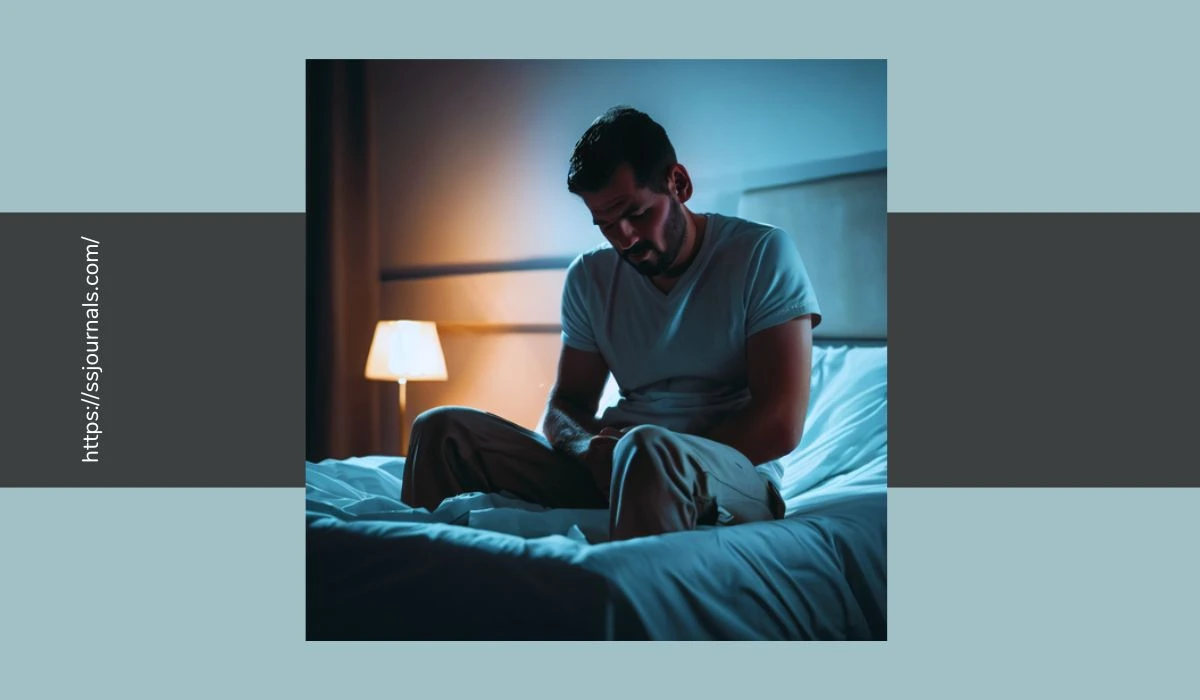Deep sleep: a state of relaxation and renewal. But can it also be the cause of bed wetting in adults? Let’s explore this phenomenon and its possible solutions.
Bedwetting is often associated with children, but adults may also experience it in their sleep. There are several reasons this happens.
To reduce the risk of bedwetting during deep sleep, address any medical conditions with a doctor.
Good sleep hygiene like limiting fluids before bed and avoiding alcohol may also help.
Understanding Deep Sleep And Bedwetting
Deep sleep is a notorious cause of adult bedwetting. Let’s investigate why this happens! Slow brain waves characterize deep sleep, making it difficult for the bladder to send signals to the brain.

Thus, when the bladder is full, individuals in deep sleep will not wake up, leading to involuntary bedwetting. Low levels of vasopressin, the hormone that reduces urine production, can also contribute to bedwetting.
Besides deep sleep, other factors may also play a role. Stress and anxiety can alter sleep patterns, increasing the chances of bedwetting.
Certain medical conditions, such as diabetes or urinary tract infections, can also be the culprit. Lastly, drinking fluids or consuming alcohol/caffeine before bed can worsen bedwetting.
To prevent bedwetting, consider good sleep hygiene and limit fluid intake before bedtime. Also, talk to a healthcare provider about underlying medical conditions or behavioral therapies tailored to your needs. Do not let bedwetting take away your peaceful nights! Take action now to regain control.
Causes Of Bedwetting In Adults During Deep Sleep
Various physical factors can lead to this issue, for example, nocturnal enuresis, hormone imbalances, urinary tract infections, and neurological disorders. Psychological matters can also contribute – like stress, anxiety, and depression. Certain medicines and substances, like alcohol and sedatives, can relax the bladder muscles and raise the chance of bedwetting.
It is essential to understand that bedwetting in adults during deep sleep is not rare and should not be shamed. Many individuals suffer from this due to a combination of physiological and psychological factors. Seeking medical advice is vital to identify the underlying cause and create an appropriate treatment plan.
Prevention Techniques For Bedwetting During Deep Sleep
💠 Implement a consistent bedtime routine to promote better sleep habits.
💠 Encourage the individual to empty their bladder before going to bed to reduce the likelihood of bedwetting.
💠 Use moisture alarms that can alert the person when they start to wet the bed, helping them wake up and use the bathroom.
💠 Consider using medication or therapy options recommended by a healthcare professional to manage bedwetting during deep sleep.
✅ Lifestyle Changes
Lifestyle changes are key for preventing bedwetting during deep sleep. By making adjustments to daily routines and habits, people can decrease nocturnal enuresis.
Establishing a regular bedtime is one change. Going to bed at the same time each night helps regulate the body’s internal clock. Also, don’t do stimulating activities like screen time before bed. This’ll improve sleep quality and lessen disturbances that may lead to bedwetting.
Monitoring fluid intake is another important part of lifestyle modification. Lowering fluids before bedtime lessens the chance of excessive urine production at night. Drink most liquids earlier in the day and slowly reduce intake in the evening.
In addition, good bladder habits help manage bedwetting. Have regular bathroom breaks throughout the day. This trains the bladder to hold urine for longer periods. This can strengthen bladder control during sleep and lower instances of nocturnal enuresis.
✅ Managing Fluid Intake
Managing fluids is key in dealing with bedwetting. Here are some techniques to help:
- Encourage drinking earlier.
- Limit caffeinated stuff like tea, coffee, and soda.
- Don’t give much fluid close to bedtime.
- Monitor the intake throughout the day.
- Use a water bottle system or set specific times for drinks.
✅ Using Bedwetting Alarms
Bedwetting alarms detect moisture and trigger an alarm to wake the person up. They can be worn discreetly for a comfy sleep and alertness. Using these alarms trains the brain to recognize and respond to urination needs during sleep. Studies show they have a high success rate in reducing or stopping bedwetting episodes in adults and children.
Consistency and patience are key when using bedwetting alarms. Different individuals respond differently, so progress may take some time. There are customization options like sound or vibrating alerts, useful for those with deep sleep or hearing impairments.
✅ Medication Options
Medication may help manage bedwetting in deep sleep. Consult a healthcare professional for proper guidance on dosage and potential side effects. Medication may not be suitable for everyone, so alternative approaches like behavioral techniques and alarm therapy should be considered.

